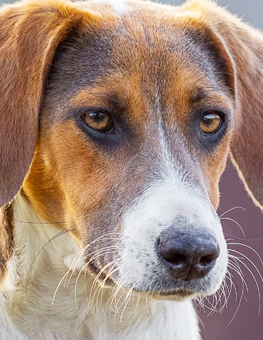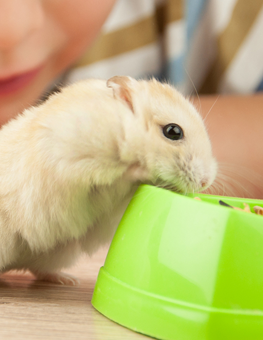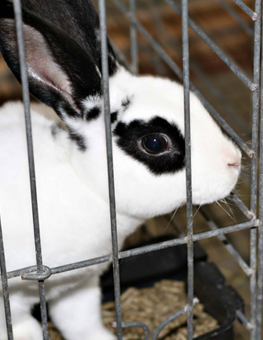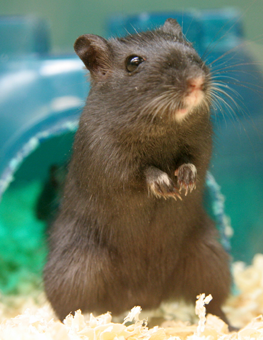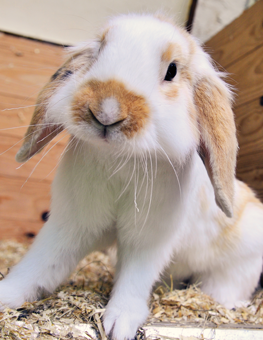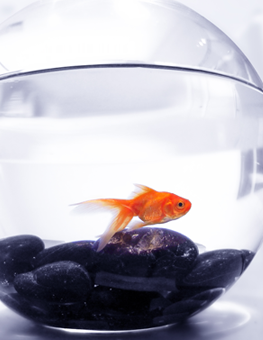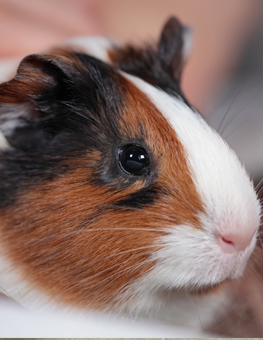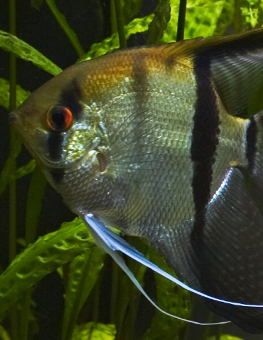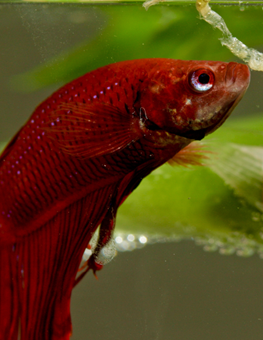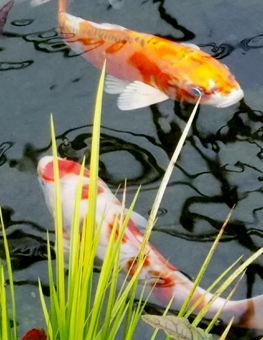Using Small Animal Treats and Supplements Wisely
Should you be feeding your pet supplements or treats at all?
No matter what kind of animal you've invited in to share your home, you may ask yourself a question: aren't pet food treats really just for the benefit of the owner?
Make time for treats
Pet food treats are worthwhile for small animals.
- They stimulate appetite, help maintain a varied and nutritionally complete diet and provide ancillary vitamins and trace minerals that may be in short supply in the animal's regular diet.
- They provide a bonding opportunity for you and your pet.
- Treat foods should not exceed 15% of a small animal's diet, and foods that are skewed towards fats, sugars, excess protein and calcium should be offered extremely sparingly.
Choose the right supplements
Small animals also benefit from supplementary diets.
- Supplements help strengthen the immune system, promote a healthy coat and appearance, stimulate appetite and even help prevent boredom.
- Supplements can also help keep the small animal's digestive system in good working order.
- Only use supplements formulated precisely for the nutritional needs of your small animal. For example, guinea pigs need a food that is supercharged with extra Vitamin C. Other animals have different needs, so get specific when possible.
- Supplements should be a once or twice-weekly diet addition. Larger animals like adult rabbits should receive more frequent portions of fresh fruit and vegetables.
- Although fruit and vegetable supplements and treats are available in pre-packaged, dehydrated form at the pet store, they lack moisture content. So, don't forget the water. Every small animal must have access to clean, fresh water at all times.
Remember: both treats and supplements need to be used in moderation. Monitor both the quantity of food and treats you give as well as their quality and caloric value.




